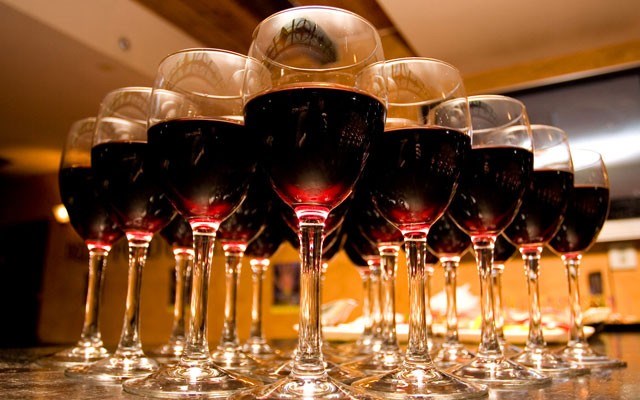Whistler wants more control around liquor licenses when it comes to holding events, in an effort to attract business to the resort.
That much is clear in its submission to Parliamentary Secretary John Yap, who is leading the charge on B.C.'s liquor policy reform.
"They will liberalize things in Whistler in an area where we are looking for change," said Mayor Nancy Wilhelm-Morden of Whistler's recommendations.
One of the more than 20 council-approved recommendations going forward from the municipality to the provincial government this month is: "Authorize Whistler as a visitor-focused resort community to exercise more local control in approving temporary license changes and Special Occasion licensed events."
Councillor John Grills said this request would "give us more flexibility in this special-event licensing which we're getting more experience with. The province is recognizing that, so hopefully that will go through."
In his report to council municipal planner Frank Savage set out the case for Whistler.
"The Whistler resort community benefits the provincial economy, generating $1.3 billion of GDP, more than $400 million in annual tax revenue, and is responsible for 22.5 per cent of B.C.'s annual tourism export revenue. Whistler's food and beverage sector is a major economic contributor, as full one-third of Whistler's $1.27 billion of end-consumer direct spending is in the sector. Effective and efficient liquor policy is important to the economic and social wellbeing of both Whistler and the province."
Whistler's recommendations come on the heels of a 30-person stakeholder workshop last month, which included representation by several bar managers, hotels, public health, RCMP, fire rescue services, Tourism Whistler, Whistler Blackcomb and others.
In his written feedback, Paul Street, Whistler Blackcomb's director of food and beverage, highlighted the fact that WB would like to maximize its capacity to do group and event business by, for example, making temporary changes to its licenses.
WB would like the municipality to be able to make those temporary license changes.
"This means, locally driven temporary license change processes that allow liquor license holders and local government to effectively manage existing liquor licenses in a way that maximizes the guest experience in the resort, and provides enhanced local business opportunities."
Whistler's recommendations focus on four areas: guest experience, special events, impacts on the resort community and licensing policies and processes.
The municipality says:
• don't change the drinking age, but let minors stay in bars past 8 p.m.;
• don't change the prohibition on drinking in public places, but relax the rules when it comes to Special Occasion Licensed (SOL) events like GranFondo and the outdoor Vancouver Symphony Orchestra;
• don't make major changes to the retail liquor environment, but consider more flexibility in the service of liquor in a restaurant without compromising the distinction between restaurants and bars.
Councillor Andrée Janyk asked why there was no recommendation that would allow a family to have a drink while picnicking in the park.
"We really didn't hear anything moving us in that direction," said Savage. "It would be a significant change. What would be the unintended consequences of something like that?"
The liquor consultation is set to close at the end of October. The parliamentary secretary is expected to produce a report for the attorney general and minister of justice by Nov. 25 with recommendations on liquor reform.
Savage encouraged all interested parties to make their own submissions to government before consultation closes on Oct. 31. Go to http://engage.gov.bc.ca/ liquorpolicyreview/




